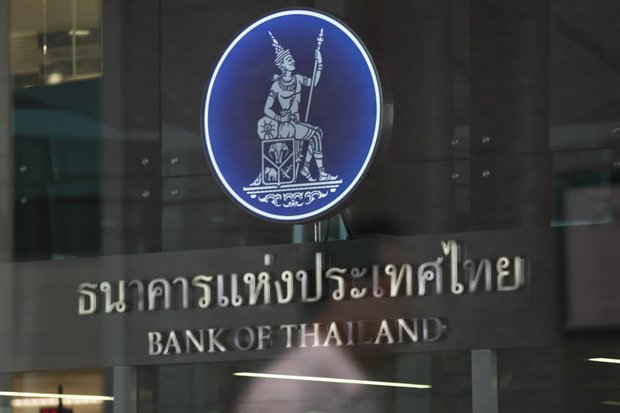
The Bank of Thailand will require homebuyers to make a down payment of at least 20% of home value for new mortgages worth 10 million baht and higher as well as for second homes, in an effort to curb mortgage and property risks and improve housing loan quality.
The requirement is expected to be implemented from Jan 1 next year.
Mortgage lenders can still extend up to 100% of home value to fund purchases of first homes valued at less than 10 million baht per unit, said Wajeetip Pongpech, assistant governor for financial institution policy at the central bank.
The central bank will also require lenders to limit mortgages together with top-up mortgages such as personal loans and loans for mortgage-reducing term assurances (MRTA) at 80% of home value for second homes and those worth at least 10 million baht, and 100% for first homes valued below 10 million, she said.
This new requirement comes after the central bank found that the financial system was showing signs of growing vulnerability in the property sector, given the increasing share of mortgage loans extended to borrowers for second or third homes, with deteriorating credit standards.
Almost half of new mortgages in the second quarter had a loan-to-value (LTV) ratio of more than 90%, and those with a loan-to-income (LTI) ratio above five times made up nearly one-third.
According to the central bank's current guidance, mortgage lenders should loan up to 90% for low-rise residential projects and 95% for high-rise projects. The central bank's LTV guidance is based on risk-weighted regulations under the Basel III international financial standards.
If financial institutions offer mortgages with LTVs that do not exceed the threshold, the risk-weighted capital requirement is 35%, which is increased to 75% if the level is above the threshold.
The regulator will hold a public hearing about the new standard on Oct 11 and is set to announce the macro-prudential measure in November.
Specialised financial institutions will also be required to apply the new standards.

Mrs Wajeetip said the new standard will help rein in risky points, particularly second homes and high-priced residences.
"The regulator will keep the existing standard in place to support real demand for first homes to help people have their own homes," she said.
The stricter standard will help control asset quality, prevent financial markets from escalating vulnerability, improve financial discipline of homebuyers in accordance with their capability of debt payment, and decelerate the mortgage loan market.
The Bank of Thailand's stability financial unit director Sakkapop Panyanukul said the central bank cannot estimate the impact of the new standard on the overall banking industry exactly, as it depends on demand for housing loans.
He said 60% of the top-up mortgages have been used for other consumption purposes, leading to diminished debt payment ability for borrowers and swelling household debt.
The LTI of homebuyers has also continued to deteriorate, especially among those who buy second homes, Mr Sakkapop said.
The monthly income of a second-home mortgage borrower averaged 49,000 baht in the first half of this year, down from 117,790 baht in 2013. The LTI ratio of homebuyers with monthly income of 30,000-50,000 baht increased from below four times to 4.6 over the same period.
The non-performing loan (NPL) ratio for second homes surged to 3.4% at the end of March from 2.5% a year earlier.
Mr Sakkapop said 15% of new housing loan contracts each year are to buy second homes and those with prices starting at 10 million baht a unit. Statistics indicate artificial demand and search-for-yield behaviour.
"The [property and mortgage loan] market's vulnerability was partly blamed for the 1997 financial crisis," Mr Sakkapop said. "Although there is no sign of a property bubble, the preventive measure can prevent the financial sector from repeating such vulnerabilities."
Deputy Prime Minister Somkid Jatusripitak supported the central bank's new standard and said state-owned banks have been cautious in extending mortgages.
Atip Bijanonda, president of the Housing Business Association, said the tougher measures will delay home purchases for some potential buyers.
"People will generally wait and see when there is something they don't understand, such as the tighter LTV," he said. "Developer confidence will be shaken on worries about whether new housing projects can be sold."
Mr Atip said the measure will take a toll on both condo buyers making down payments and those who are set for ownership transfers from next year onwards and new homebuyers.
For new condo buyers, the down payment requirement will be doubled as condo developers typically require a 10% down payment, he said.
"The BoT should give homebuyers who are making down payments more time to adjust, until July next year as the earliest," he said.